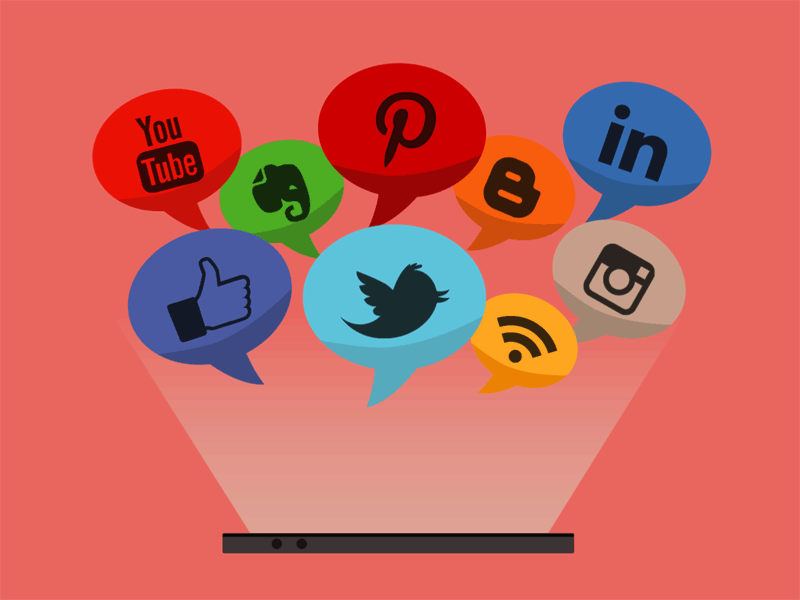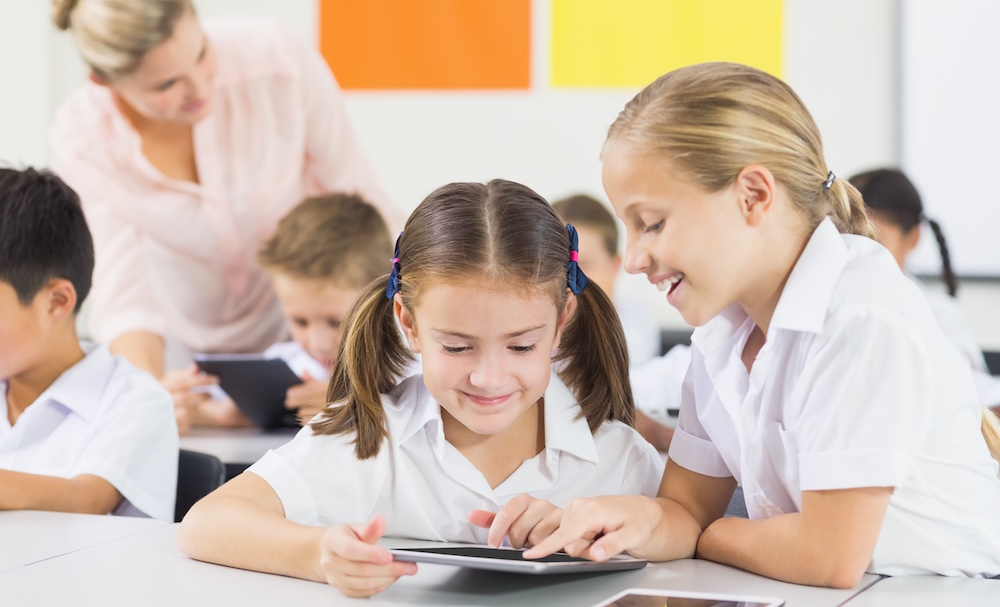There is no denying that social media has become an integral component of our modern culture. It pervades many aspects of life, including education, business, culture, and community. Last week we had the opportunity to study about and participate in a debate about Is social Media Running childhood? Fasiha, Gunpreesh, and Dami who were on the agreement side, and Jennifer, Mike, and I were on the disagree side. Fasiha, Gunpreesh, and Dami raised important concerns about the detrimental effects of social media on children’s mental health such as cyberbullying, comparison, peer pressure, and a lack of face-to-face connections that affect children’s mental health. They mentioned that Young people who are addicted to social media spend hours each day watching videos, images, and other stuff on the accounts they follow. Other pursuits, such as schoolwork, athletics, study, and other useful habits, are disrupted by this addiction. They end up wasting a significant amount of time each day, resulting in low academic performance.

However, I think that The incorporation of internet technology with education has opened up a variety of study alternatives for people around the world. Platforms have had unfettered access to internet communication and information thanks to platforms like Facebook, Instagram Twitter, and many others. The youth are utilizing social media in previously unsuspected constructive ways. It’s not simply a means for kids and teenagers to socialize; it’s also a new way for them to express themselves creatively and connect and learn with a larger audience. It is being used by students to build study groups in which they may conveniently and quickly share thoughts and learning material. Not only this, but The way children learn has also changed as a result of social networking. It has implemented a peer-based learning approach, in which pupils are encouraged to learn from one another. They are constantly engaging with one another and providing feedback, which refines their learning process. They are also more eager to learn from one another than they are from adults. Learning can now come from a variety of places other than their parents and teachers

17 teens using social media for good deeds. (2022, May, 3). SmartSocial. https://smartsocial.com/post/teens-using-social-media-good-deeds This article from SmartSocial provides examples of teens using social media and other resources to improve society for example Light Youth Association is a student-run charity that uses social media to promote book drives., Joshua’s Heart is a foundation that has 25,000 youth volunteers raising money to feed families around the world. On social media, it has been observed that virtual empathy displayed by teenagers is well accepted by their worried friends. Social media lifts their spirits and assists them in finding solutions to problems. Virtual empathy can also be used to teach children how to be more empathetic in the actual world. Through social networking organizations, children can also have an impact on their community and contribute to constructive change.

To summarize, we can see that, rather than damaging childhood, social media has the potential to change it for the better when we encourage healthy digital identities with kids by allowing them to engage in real social media use. As an educator, we have a responsibility to educate them on the benefits and drawbacks and Set limits on what sites they can visit and how long they can stay. Moreover, we encourage them to use social media platforms for educational purposes or to collaborate with people who share their interests and teach them how to tell the difference between what is important and what isn’t. Parents may use parental control apps to keep track of what children are doing on social media. Some parental control programs keep track of a child’s social media activity, such as posts, comments, and messages. They even show the screenshots of a child’s device actions at random. In the end, I think that Social media, like any other form of communication and media, does not damage childhood. We live in a world where rapid advancement adds confusion and dread to our daily lives, and restricting our freedom to communicate will not help. Youth can use social media to discover support, connection, and friendship beyond their own boundaries and borders. With the use of social media and the support and abilities to perceive and overcome difficulties, young people can become valuable global citizens and members of a democracy.
Shivali,
Your group changed my initial thinking, as I thought childhood is lost due to technology. I realize it was me not looking at the changes in the world and my personal negative feelings towards how we interact with people today. Your statement, “rather than damaging childhood, social media has the potential to change it for the better,” is something we all need to remember. I think the positives come when we balance our screen time with real time.
Thank you jenny Weinrauch